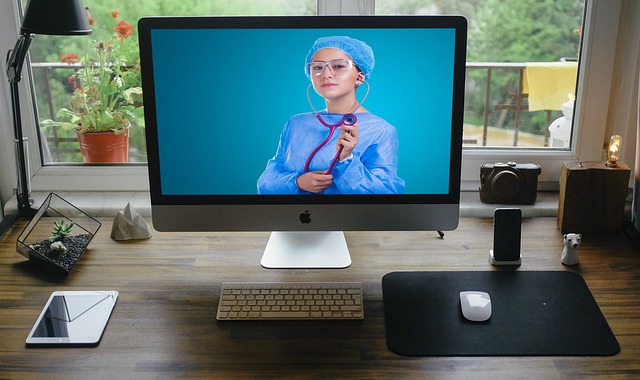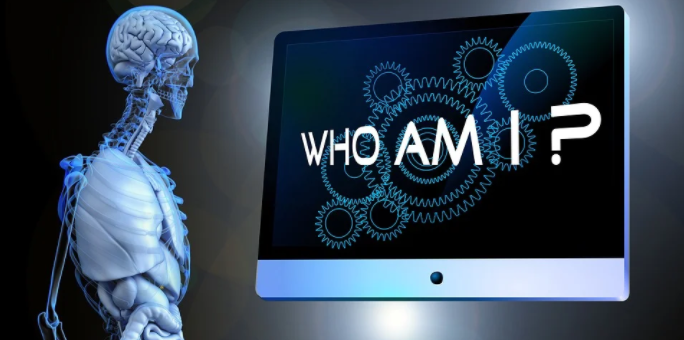Home » Health
Category Archives: Health
How Technology Is Revolutionizing Healthcare and Telemedicine
In recent years, technology has made monumental strides in transforming various aspects of our lives, and healthcare is no exception. From smart devices to advanced software, technology is reshaping how we approach health and wellness. One of the most exciting developments in this field is the rise of telemedicine, which leverages technology to offer medical services remotely. Let’s explore how technology is revolutionizing healthcare and telemedicine, making it more accessible, efficient, and effective.
Telemedicine: Bringing Healthcare to Your Doorstep
Telemedicine is one of the most significant advancements in healthcare technology. It allows patients to consult with healthcare professionals from the comfort of their own homes using video calls, phone calls, or online messaging. This remote access to medical care is especially valuable for individuals in rural or underserved areas where healthcare facilities may be scarce. Telemedicine not only saves time and reduces the need for travel but also helps in managing chronic conditions by providing regular follow-ups and consultations.

AI and Machine Learning: Enhancing Diagnostic Accuracy
Artificial Intelligence (AI) and machine learning are transforming diagnostic processes in healthcare. AI algorithms can analyze vast amounts of medical data, including images and patient records, to assist in diagnosing diseases more accurately and swiftly. For instance, AI is being used to interpret medical imaging, such as X-rays and MRIs, to identify anomalies that might be missed by the human eye. This technology not only improves diagnostic accuracy but also helps personalize treatment plans based on individual patient data.
Electronic Health Records (EHRs): Streamlining Patient Information
Electronic Health Records (EHRs) have revolutionized the way patient information is stored and managed. Unlike paper records, EHRs allow for the digital storage and retrieval of patient data, making it easier for healthcare providers to access and share information. This streamlining of patient records improves coordination among different healthcare providers, reduces the risk of errors, and enhances the overall efficiency of healthcare delivery. EHRs also facilitate better data analysis, which can contribute to improved public health outcomes.
Virtual Health Assistants: Personalized Support and Guidance
Virtual health assistants, powered by AI and natural language processing, are becoming increasingly common in healthcare. These digital assistants can provide personalized health advice, answer medical questions, and offer reminders for medication and appointments. By interacting with users through chatbots or voice interfaces, virtual health assistants make it easier for individuals to manage their health and seek information without needing to visit a healthcare facility.

Remote Patient Monitoring: Keeping Track of Health From Afar
Remote patient monitoring (RPM) is a technology that allows healthcare providers to monitor patients’ health metrics from a distance. Devices used in RPM can track various parameters such as blood glucose levels, heart rate, and blood pressure. This continuous monitoring helps manage chronic conditions and detect potential health issues early. RPM also reduces the need for frequent in-person visits, making healthcare more convenient and less disruptive to patients’ daily lives.
Blockchain in Healthcare: Securing Patient Data
Blockchain technology is gaining traction in healthcare for its potential to enhance data security and interoperability. By creating a decentralized and immutable ledger of patient records, blockchain can ensure that sensitive health information is secure and protected from unauthorized access. Additionally, blockchain can facilitate the secure sharing of patient data between different healthcare providers, improving care coordination and reducing duplication of tests and procedures.
Digital Therapeutics: Innovative Treatment Options
Digital therapeutics (DTx) are a new frontier in healthcare, offering evidence-based therapeutic interventions through digital platforms. These therapeutic solutions often involve apps or software designed to manage or treat various health conditions, such as diabetes, mental health disorders, and chronic pain. Digital therapeutics can complement traditional treatments and provide patients with additional tools to manage their health effectively.
In Conclusion
Technology is revolutionizing healthcare and telemedicine, making it more accessible, efficient, and personalized than ever before. From telemedicine and wearable devices to AI and blockchain, these advancements are reshaping how we monitor and manage our health. As technology continues to evolve, it promises to bring even more transformative changes to the healthcare landscape, improving care and outcomes for patients around the world. Embracing these innovations can help us all take better control of our health and enjoy a healthier future.
Must-Have Features to Look for in a Medical Alert System
As we age, it becomes more and more critical to maintain our safety in an emergency. One way that we can do this is with a medical alert system. That’s right! The best medical alert systems will help protect you from harm if you fall or have another type of emergency while at home. But what features should you look for when shopping around? Here are some must-have features to consider.
Easy-to-Navigate SOS Button
The primary function of a medical alert system is the SOS button. It should be easy to press and provide an immediate response of help. If you have it on your wrist, make sure that it’s both flexible for comfort and easily accessible with one hand so that you can use it in a hurry if needed! Moreover, the SOS button should have direct contact with emergency responders, not just household monitors. And the button should be flexible and accessible on the wrist or clothing for ease of use in case of emergency.
GPS Tracker and Fall Detection Sensor
For older people with dementia to have a system that can track their location if they wander off. With a GPS tracker, you’ll be able to find them quickly and easily without any hassle. Make sure the medical alert system you choose has this feature! In addition, some plans come with an automatic fall detection sensor. It is perfect for those at risk of falling down the stairs, tripping over objects, or simply slipping. If you have this feature installed on your medical alarm system, it will be able to detect falls and send for help immediately!
Continuous Monitoring System
You want your loved ones to be able to contact someone 24 hours a day in case of an emergency, so they don’t have to wait until business hours as most security companies require. This system is a continuous monitoring system that is always on and working for you.

Medication or Pill Reminder
One common problem for the elderly is remembering to take their medication on time. It can be a huge issue if the elderly forget and then have an emergency. With a medical alert system that includes a medication reminder, you’ll never have to worry about this again! The alarm will go off at the scheduled time to remind them to take their pills, which can help prevent dangerous and costly health emergencies.
Medical alert systems are life-saving devices that should be considered by everyone who wants to stay safe and sound. With a medical alert system, you’ll be able to get the help that you need if an emergency arises at home or anywhere else. And finally, make sure you choose a reputable company with good customer service to benefit from your purchase truly!
